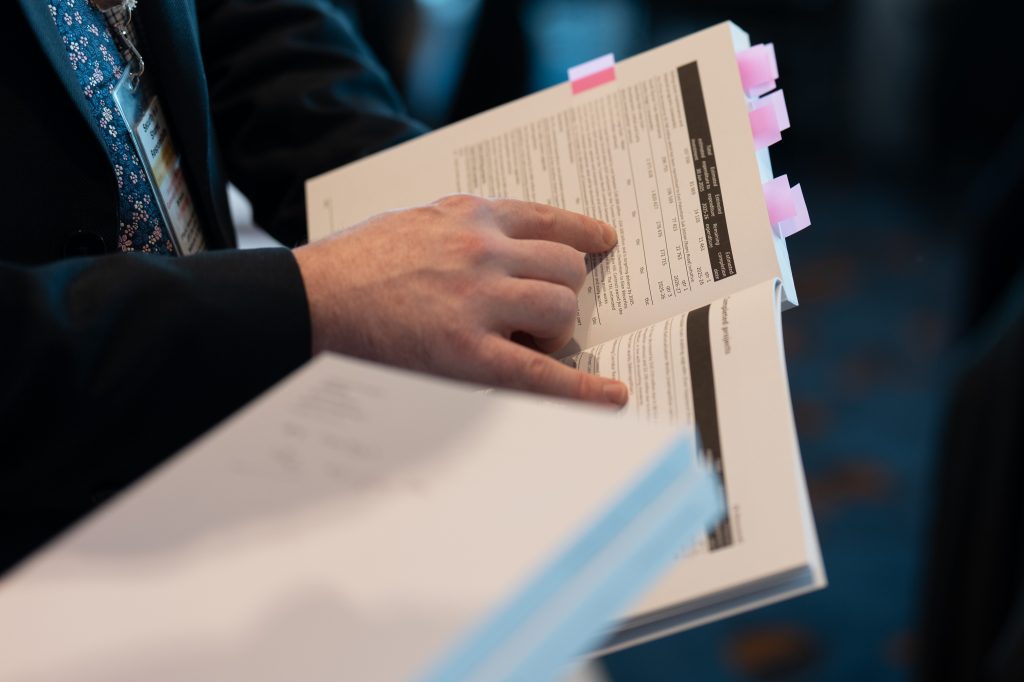Overview
Latest News
A whistleblower is defined as someon who provides the SEC with information in writing that relates to a possible violation of the federal securities laws in the past, present or future.
To qualify for the whistleblower protections a whistleblower must follow the procedures for the submitting of original information to the SEC outlined in Section 240.21F-9. These include:
- formal submission of the complaint by way of the mechanisms available
- a declaration under penalty of perjury that the information submitted is true and correct to the best of one’s knowledge and belief
- if providing the information anonymously ensuring that an attorney verifies the whistleblowers identity
To qualify for retaliation protections a whistleblower must:
- qualify as a whistleblower
- reasonably believe that the information relates to a possible violation of federal securities laws
- perform a lawful act that is connected with:
- providing information to the SEC
- testifying or assisting an SEC investigation
- making protected disclosures
- ensure that the lawful act is related to the subject matter of the whistleblowing
Retaliations protections are available to those not yet qualified as a whistleblower before they perform a lawful act as described above.
But qualification as a whistleblower is needed before retaliation is experienced in order to attract these protections.
Latest News
More on SEC
-

On the eve of Valentine’s Day, regulators warn of romance-driven scams
As Valentine’s Day approaches, several US regulators are confronting a costly form of fraud.
Vlada Gurvich4 min read
-

Atkins glosses SEC agenda in House speech
The SEC chief touched on his plans to “Make IPOs great again,” review the costs of the Consolidated Audit Trail and PCAOB, and support crypto clarity.
Alexander Barzacanos2 min read
-

SEC tackles active ETFs and fund merger fees
DERA's chief economist Joshua White said active ETFs now "rival passive funds in number" and represent a "shift toward more actively managed strategies."
Alexander Barzacanos1 min read
-

SEC says ADM executive engineered accounting to preserve a growth story
The SEC emphasized ADM’s cooperation in resolving the matter.
Vlada Gurvich5 min read
-

SEC’s Daly mulls strategy for e-delivery, recordkeeping clarity, and AI as firms automate
“What if we reimagined disclosure using large language models?”
Alexander Barzacanos1 min read
-

FINRA fines Benjamin Edwards $750k for ecomms recordkeeping failures
FINRA noted the case involved "at least 3,560 text messages" about firm business, including sensitive personal information and investment advice.
Julie DiMauro3 min read
-

Atkins and Selig discuss joint crypto regulatory plans
The Chairmen of the SEC and CFTC discussed how they could best coordinate regulation of digital assets as Congress scrambles to finalize legislation.
Alexander Barzacanos2 min read
-

SEC’s Regulation S-P outreach puts small firms on notice
Through its dedicated outreach program the SEC offered small firms the clearest indication yet on how compliance with the 2024 Regulation S-P amendments will be examined.
Vlada Gurvich6 min read










